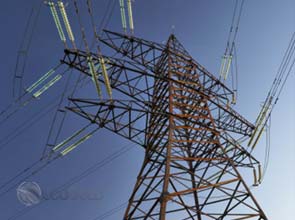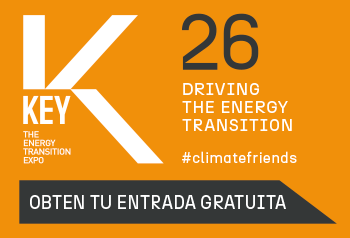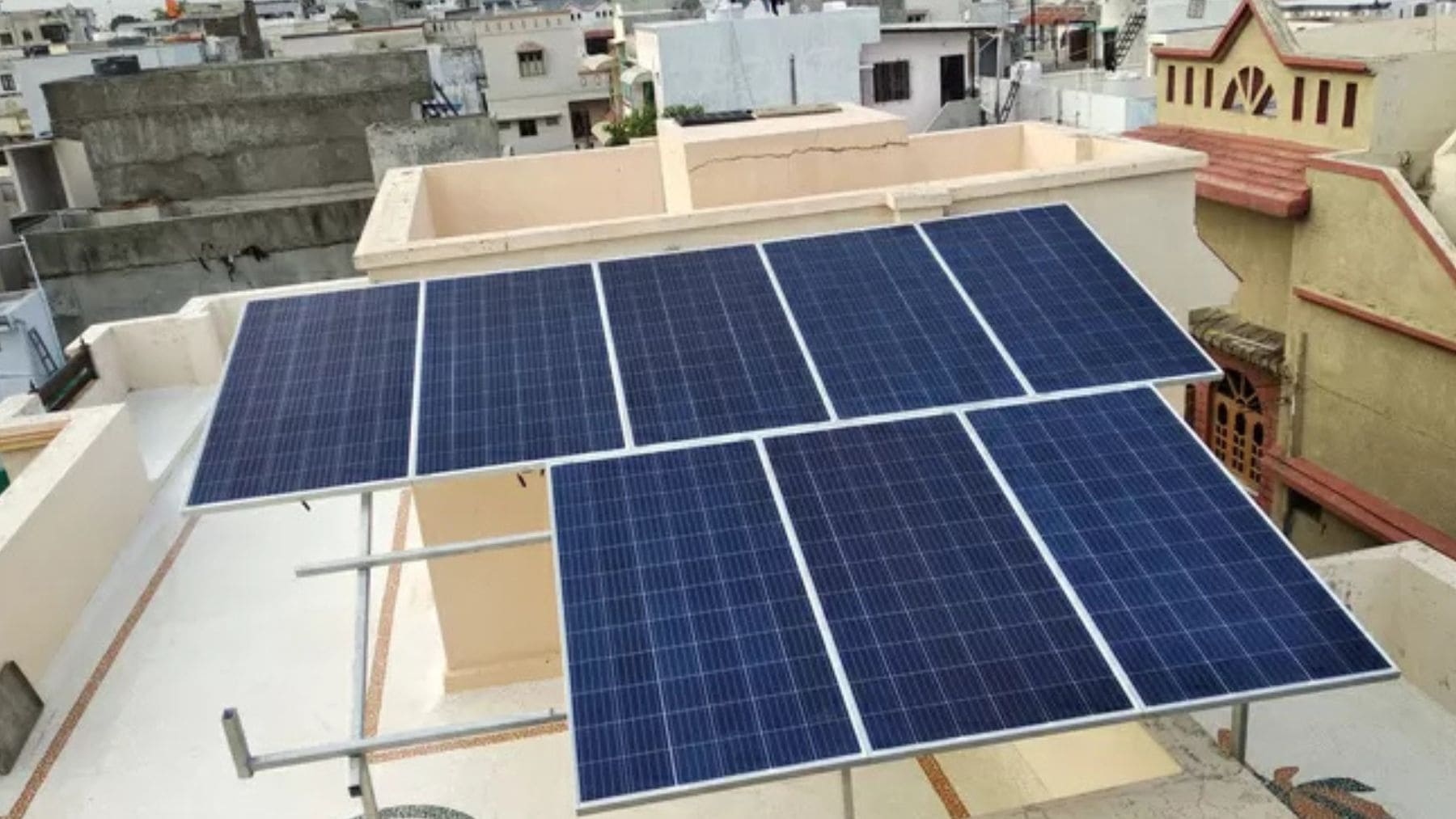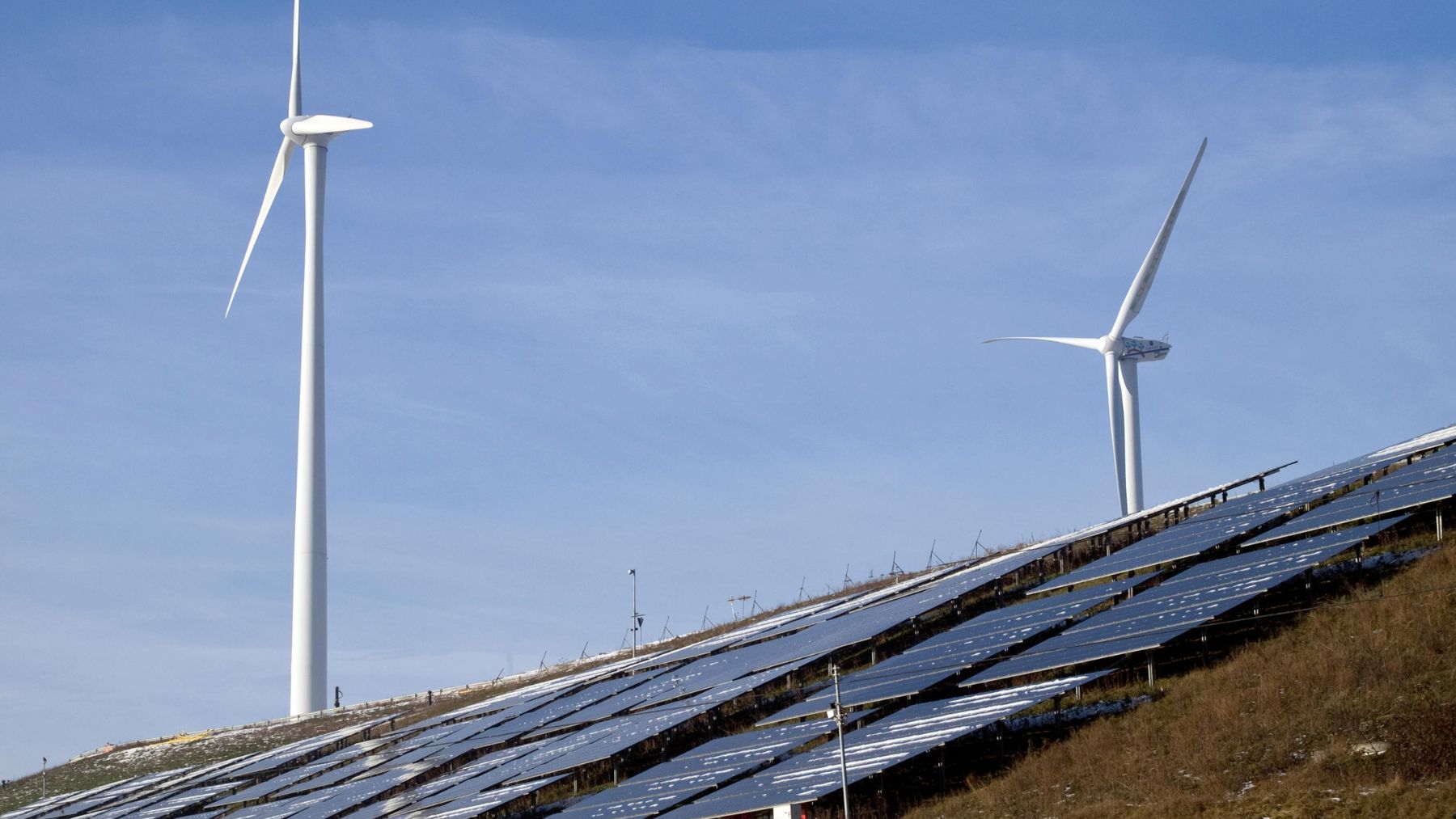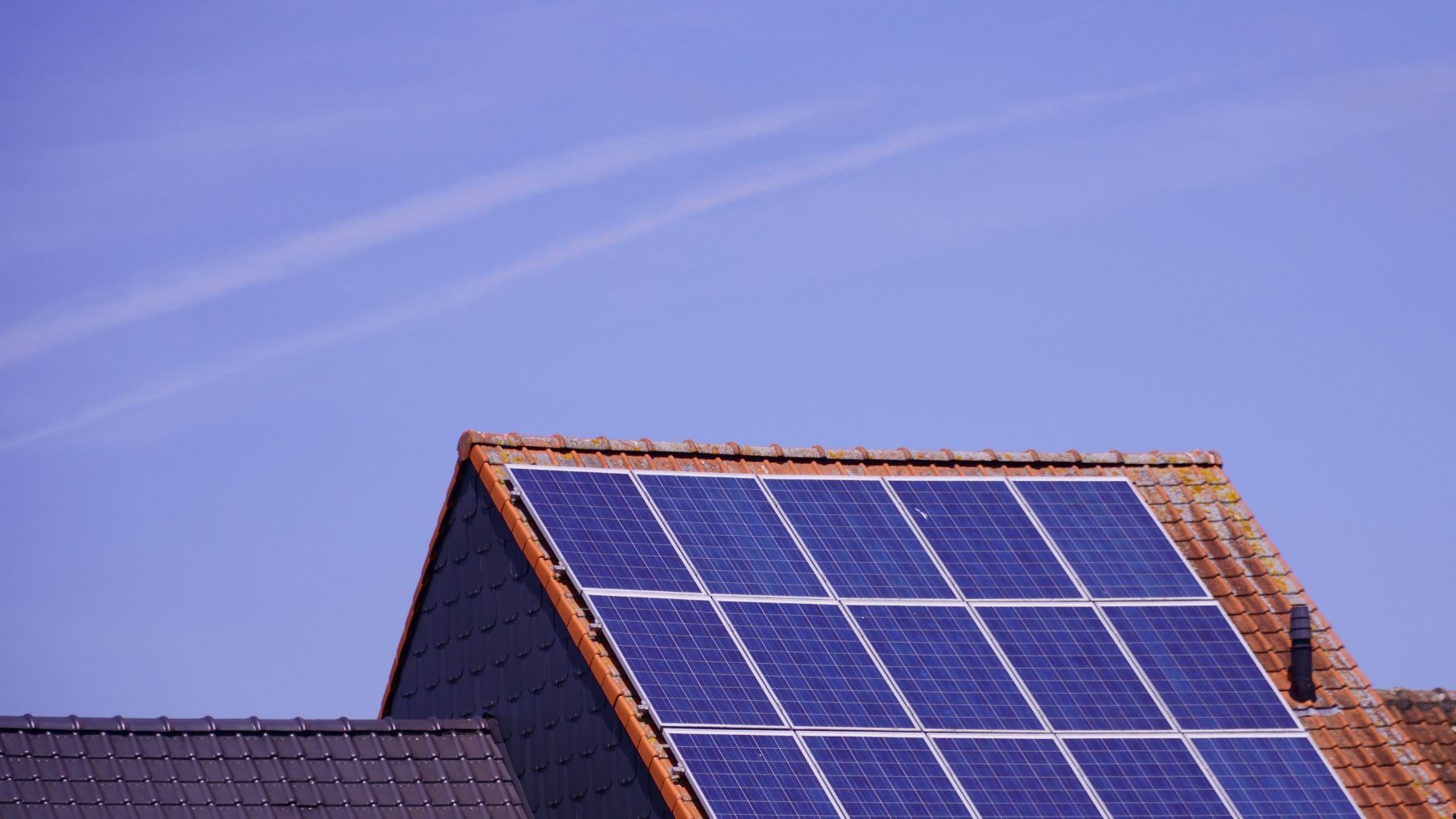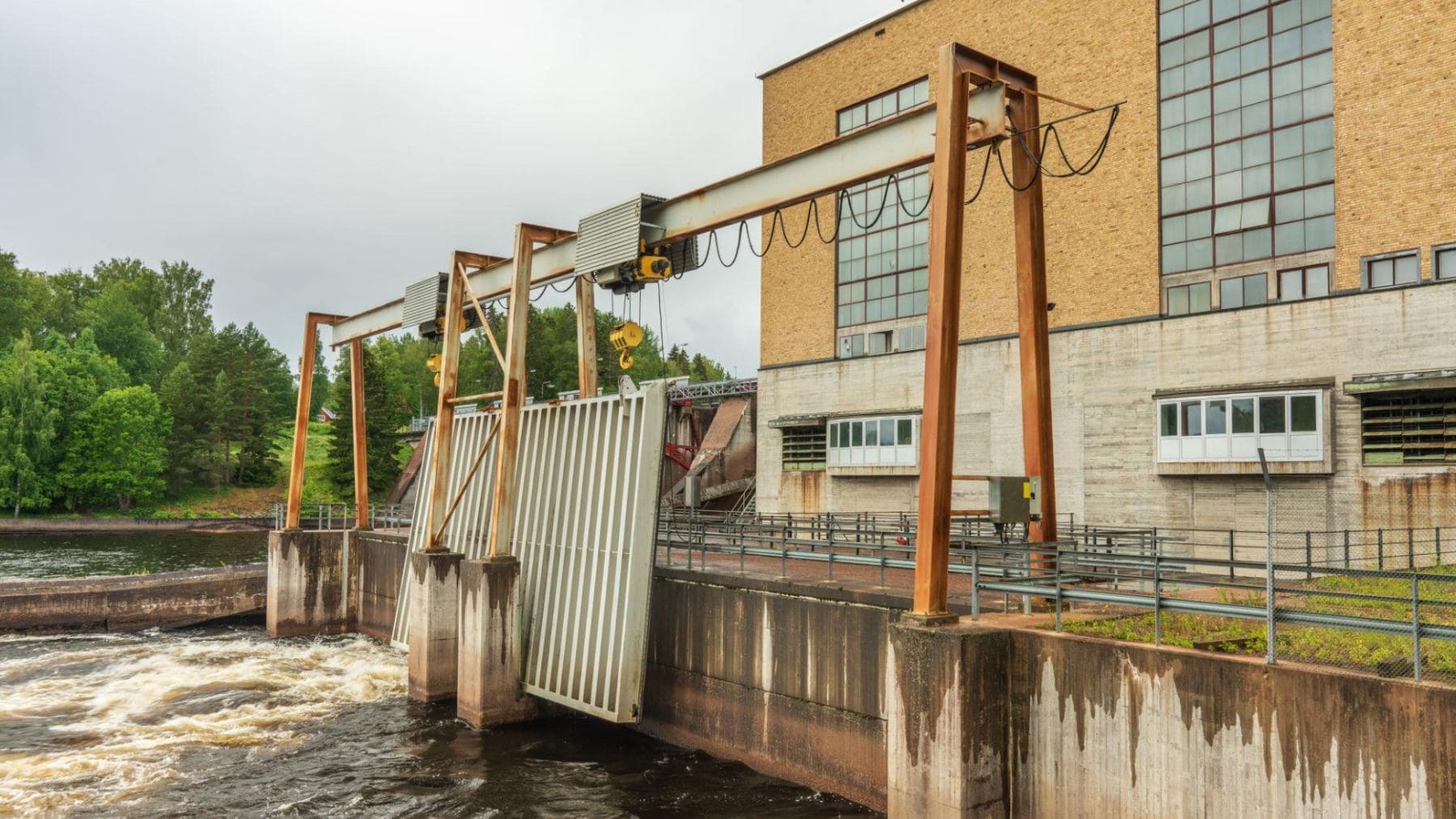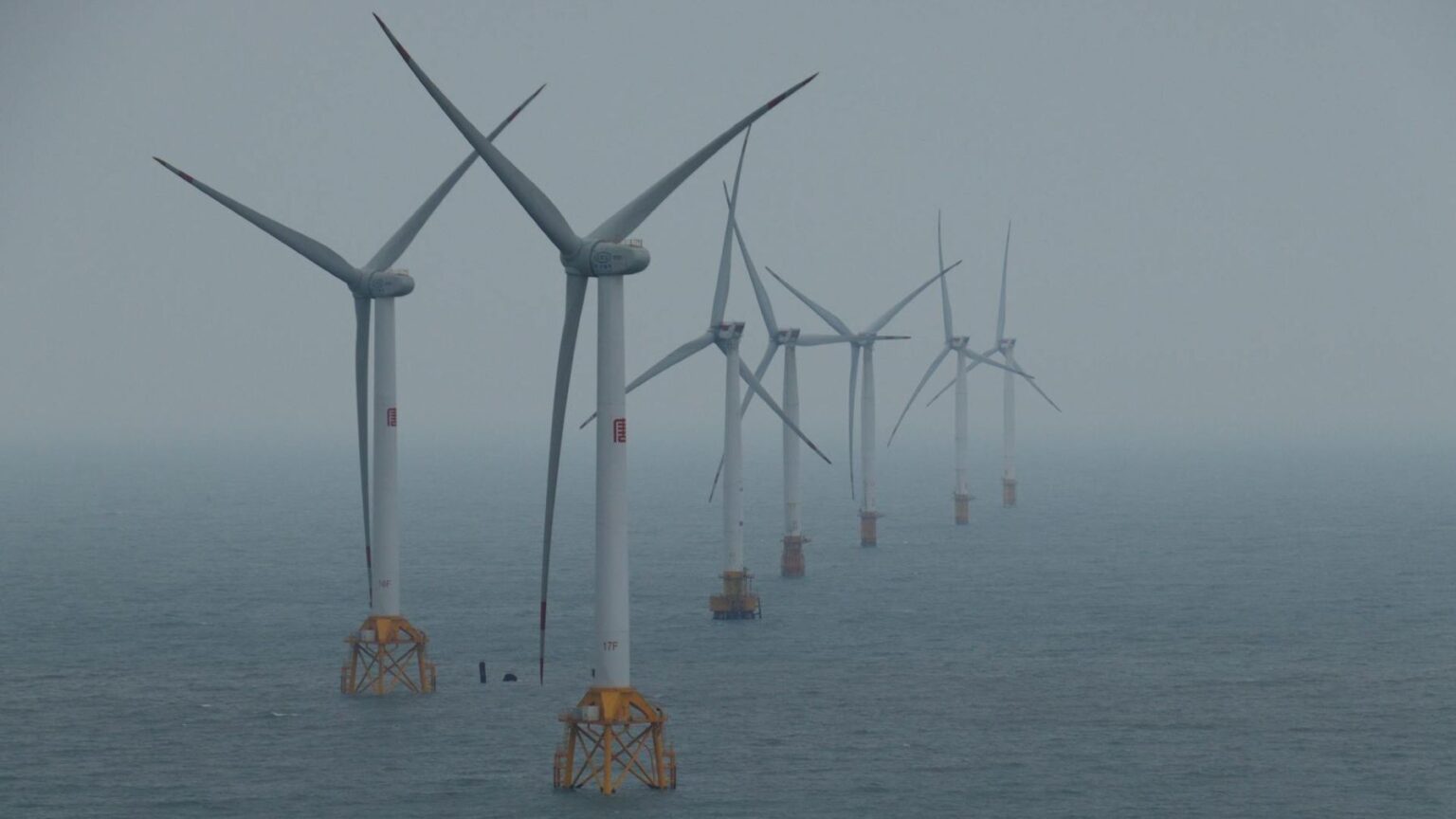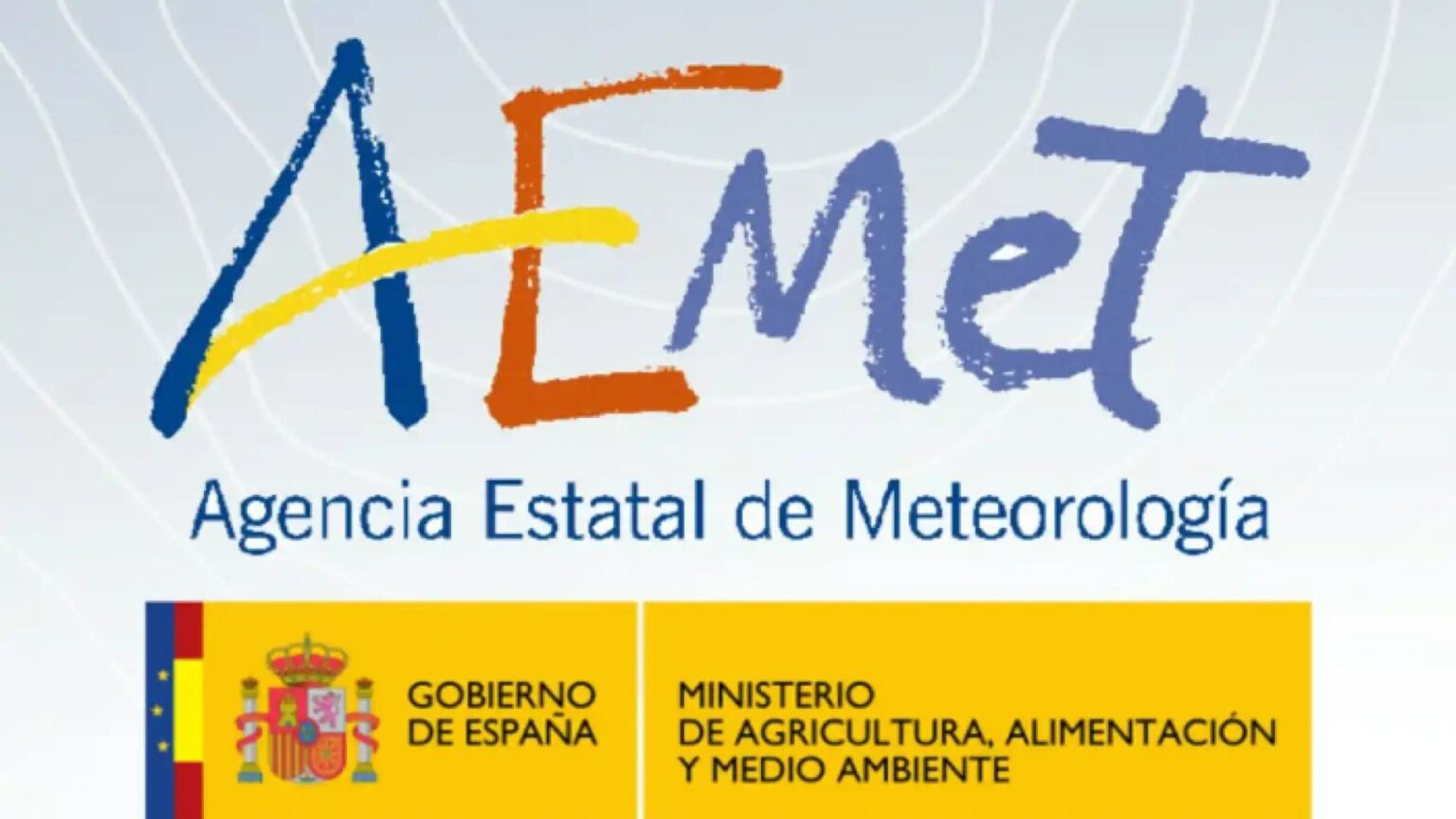Britain has secured enough agreements to hook up roughly 32 gigawatts of renewable energy to the national grid, moving it one step closer to meeting its stringent renewable energy targets by 2020.
National Grid P.L.C. said that 31.95 GW of existing and proposed renewable energy projects have agreements already in place to be connected on the grid by 2020. The total capacity of these projects is enough to generate power for more than 20 million homes.
This capacity is well beyond the 29,000 megawatts required to meet Britain’s 15 percent renewable energy generation target by the same year.
A steady increase in project proposals and the implementation of the Connect and Manage scheme last year by the Department of Energy and Climate Change were factors to the increase in connection agreements.
The Connect and Manage rule allows developers to link their projects to the grid as soon as local connections are ready, resulting in 15,000 MW of generation projects being offered grid connection dates of up to nine years earlier.
However, the National Grid stressed the need for revamping planning systems and energy markets in order to meet the renewable energy target. This is to ensure that the necessary infrastructures are built and the right conditions for financial investments are achieved in order for the projects to obtain planning permits and begin construction.
Currently, only 20 percent of the proposed renewable projects with connection agreements have planning permission.
“This is a great step forward, but we must not underestimate how big a challenge it will be to deliver,” Nick Winser, executive director of the National Grid, said.
“There is no room for complacency, and there is no time for delay. Government, the regulator Ofgem and industry will have work together like never before to see this happen”
The European Union has ambitious goals of a 20 percent increase in energy efficiency, a 20 percent increase in renewable energy generation and a 20 percent reduction of carbon dioxide emissions – all by the year 2020.
Experts agree that none of these goals can be achieved without smart grids. The European Union’s strategic energy technology plan information center described smarter power grids as a key element in Europe’s transition to a low-carbon economy.
Meanwhile, the Department of Energy and Climate Change estimated that fitting 26 million homes with smart meters by 2020 would cost over £8 billion ($12.74 billion). But the cost would be more than compensated for by £14.5 billion of savings in the operational costs of power companies and lower electricity bills for customers.
